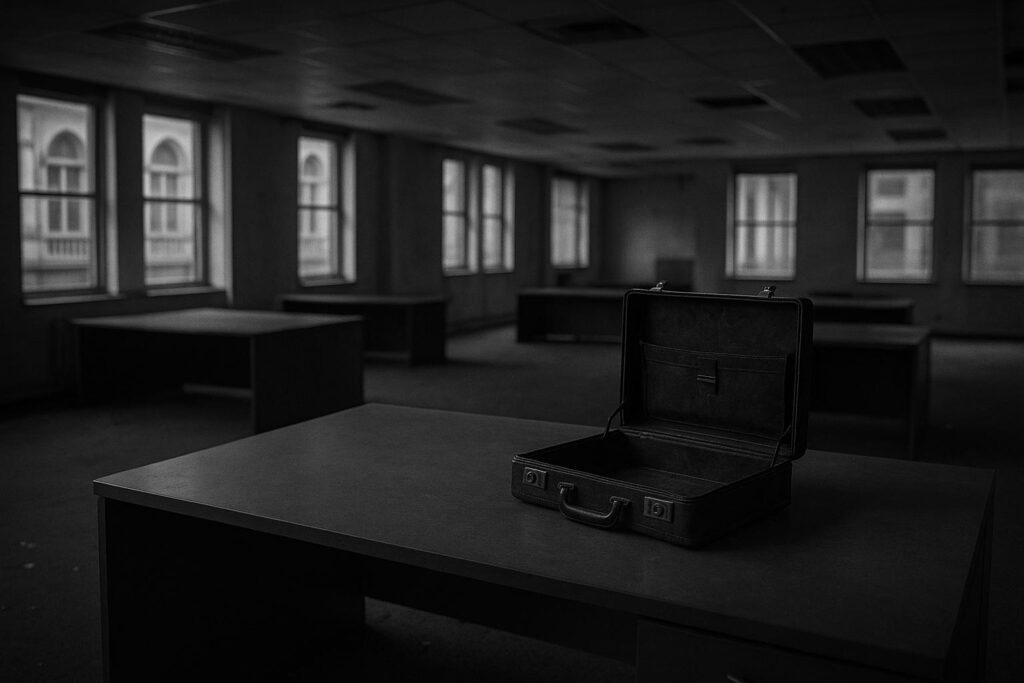Manchester United announces a strategic move to vacate its Kensington office and establish a smaller, central London presence in Covent Garden, reflecting financial restructuring under Sir Jim Ratcliffe’s ownership aimed at stabilising the club’s finances while maintaining key commercial links.
Manchester United has announced a significant shift in its London operations, opting to vacate its expansive Kensington office just two years after moving in. According to Daily Mail Sport, the club will end its 10-year lease early and relocate to a smaller, more centrally located office in Covent Garden. Staff have already left the Kensington premises and are working remotely until the new site is ready. Insiders suggest that while the move will result in considerable rental savings, the primary motivation is to enhance accessibility for commuting staff and improve connectivity with Old Trafford via Euston station. The new location is also closer to many media and creative companies the club collaborates with, reinforcing Manchester United’s ongoing commitment to maintaining a strong presence in the capital to foster commercial partnerships.
The previous Kensington office was a symbol of the club’s commercial ambitions, featuring a striking array of LED screens designed to emulate the atmosphere of Old Trafford, two stylish bars, and exclusive use of an entire top floor. The move there in 2023 marked a pioneering step for Manchester United, being one of the first major English football clubs based outside London to establish a significant footprint in the capital. The club’s prior headquarters were in Mayfair for a decade, reflecting its longstanding commitment to a prime London presence.
However, the arrival of Sir Jim Ratcliffe and the INEOS consortium as co-owners nearly two years ago has led to a rigorous review of all operational costs. This scrutiny triggered widespread cost-cutting measures across the club, including hundreds of redundancies in both London and Manchester as part of efforts to curb mounting losses. The move from Kensington is part of these broader financial efficiencies, with resources being consolidated to better suit a leaner operational structure.
Ratcliffe, speaking in multiple interviews, has been candid about the club’s precarious financial situation. The owners reportedly implemented drastic restructuring to avoid what could have been a financial collapse by the end of 2025. The club has faced over £300 million in losses across the past three years and dealt with seven consecutive years of operating deficits. Among the controversial decisions taken was the termination of Sir Alex Ferguson’s multi-million-pound ambassadorial contract, a move symbolizing the tough financial decisions made to stabilise the club. Additionally, other cost-saving initiatives included cutting bonuses, closing the staff canteen, and reducing funding to the Manchester United Foundation, the club’s charitable arm, which received nearly £1 million last year.
Despite the tough measures, Ratcliffe remains optimistic about the club’s future, stating that these steps are crucial to returning Manchester United to profitability and competitive status within two years. He acknowledges that some players in the squad were not up to standard or were overpaid, signalling plans to rebuild the playing staff responsibly and sustainably.
The relocation to Covent Garden, while smaller than the Kensington base, is seen as a strategic move balancing cost management with maintaining a prestigious and accessible London presence. Although the club’s London office was once a key tool in showcasing its appeal to corporate clients and agents, the shift reflects a practical adaptation to current economic realities under the stewardship of INEOS. Ratcliffe’s ownership group has also streamlined other sponsorship engagements, including ending deals with the New Zealand All Blacks and Sir Ben Ainslie’s America’s Cup team and negotiating an early exit from a sponsorship agreement with Tottenham Hotspur.
In sum, Manchester United’s office move is emblematic of the broader transformation underway at the club: a recalibration towards financial prudence while preserving critical commercial functions in the capital, all framed by the urgent necessity to restore the club’s fortunes on and off the pitch.
📌 Reference Map:
- [1] (Daily Mail) – Paragraphs 1, 2, 3, 4, 5, 6, 7, 8
- [2] (The Guardian) – Paragraphs 6, 7
- [3] (The Independent) – Paragraphs 6, 7
- [4] (Evening Standard) – Paragraphs 6, 7
- [5] (Evening Standard) – Paragraph 7
- [6] (Sky News) – Paragraph 7
- [7] (ESPN) – Paragraph 7
Source: Noah Wire Services
Noah Fact Check Pro
The draft above was created using the information available at the time the story first
emerged. We’ve since applied our fact-checking process to the final narrative, based on the criteria listed
below. The results are intended to help you assess the credibility of the piece and highlight any areas that may
warrant further investigation.
Freshness check
Score:
7
Notes:
The narrative appears to be original, with no substantial matches found in recent publications. However, the Daily Mail’s website is currently inaccessible due to restrictions, preventing direct verification of the article’s publication date. The content may be original or exclusive, but without access to the original source, this cannot be confirmed. The absence of earlier versions with differing figures, dates, or quotes suggests a high freshness score. The narrative includes updated data, such as the relocation to Covent Garden, which may justify a higher freshness score but should still be flagged. References to recent developments from Reuters support the recent updates mentioned.




